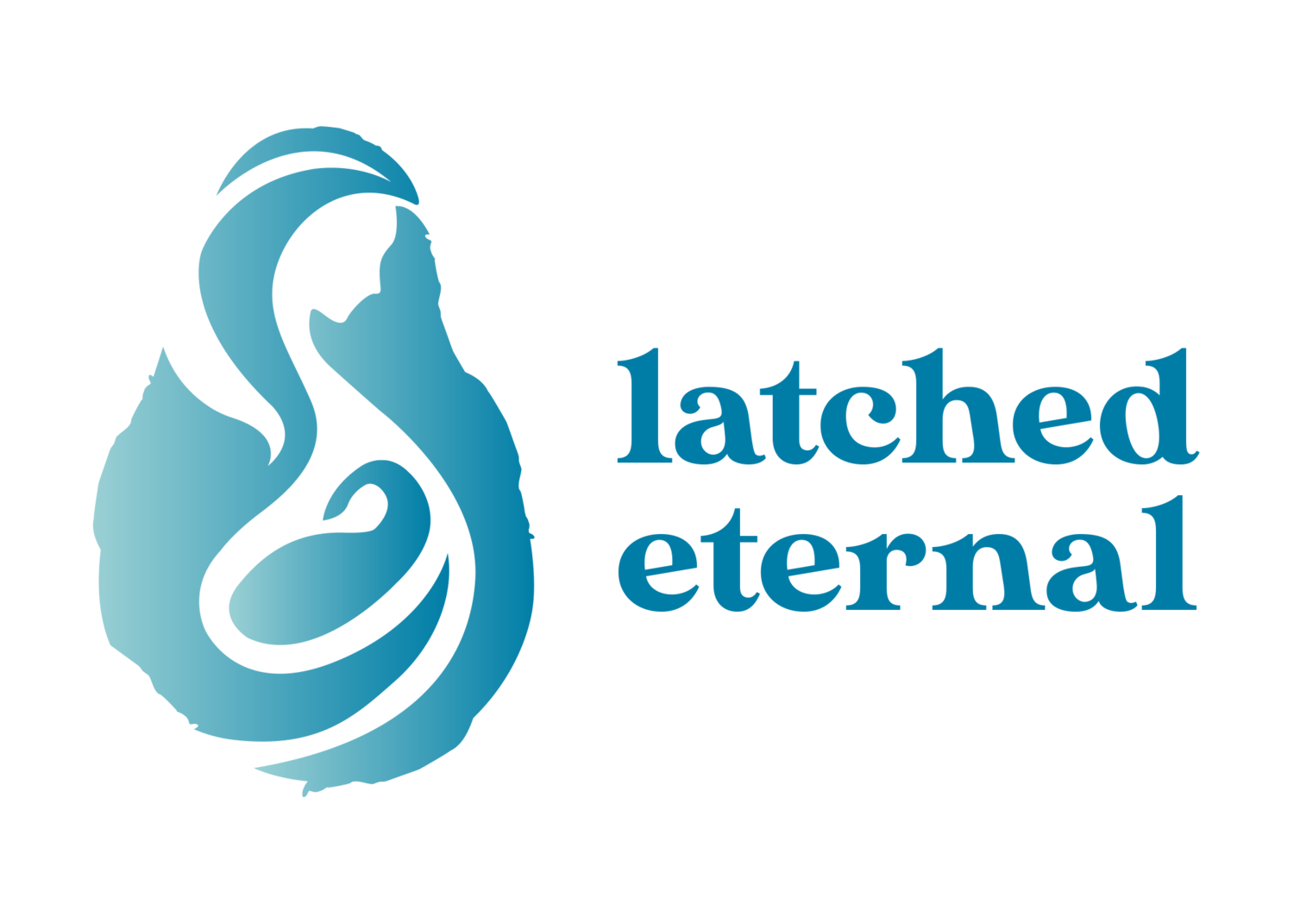“Your Body Isn't Broken—It's Brilliant: Understanding Postpartum, Hormones, and Divine Design”
Over the years, I’ve seen it again and again: when women understand how their bodies and hormones work, so much stress lifts. The confusion, the unrealistic expectations, the self-judgment—it all softens. Suddenly, things that once felt like frustrations begin to feel like wisdom. What we once saw as annoyances are recast in a new light, and we begin to hold deeper gratitude for what our bodies are doing.
One of the most misunderstood parts of the postpartum experience is fat retention during breastfeeding. But here’s what you need to know:
This is not failure. This is divine protection.
Fat Storage Postpartum Is Protective—By Design
Your body is biologically wired to sustain life, especially during vulnerable periods like the postpartum stage. Producing breastmilk requires an additional 300–500 calories per day, and your body, in its incredible foresight, stores fat to support this demand.
In times of scarcity, this fat becomes life-saving fuel for your baby. And even when food is abundant (hello, grocery store down the street!), your body operates on ancient, biological instincts—preparing as if survival might depend on it.
This is a Rahmah from Allah. A mercy built into your very cells.
The Hormonal Symphony: Prolactin, Estrogen & Hunger
Your hormones work together in a stunning, intentional balance:
Prolactin (the milk-making hormone) increases your appetite, which is why many women feel hungrier while breastfeeding than they did in pregnancy.
Estrogen levels remain low to allow milk production to flourish. But here’s the catch: low estrogen also slows fat loss, helping your body preserve the fat stores needed to continue feeding your child.
The more you breastfeed, the higher your prolactin stays, which keeps estrogen low—and this cycle continues, ensuring your milk supply remains strong.
So if the extra 10–15 pounds seem stubborn, it's not because you're doing anything wrong.
It’s because your body is protecting your baby. Again—not broken. Brilliant.
Survival & Reproduction Always Come First
The female body is designed to prioritize survival and reproduction above all else. This is why ovulation pauses during severe illness, famine, or prolonged stress—your body will wait until it feels safe again.
And that fat stored in your hips, thighs, and lower belly? It’s not random. These are intentional fat reserves, placed exactly where your body can draw from to nourish your milk. Subhan’Allah.
The Role of Cortisol, Sleep & Stress
Let’s talk about cortisol, the stress hormone. Lack of sleep, emotional upheaval, and the general overwhelm of postpartum life increases cortisol, which in turn slows fat loss.
At the same time, your body may become more efficient with calories—diverting more energy toward milk production. So yes, your metabolism may slow slightly. But again:
This isn’t sabotage. This is preservation.
It Gets Easier, inshaa’Allah
Most women find that once they begin to wean or drop to just a few nursing sessions a day, the extra weight begins to shift—often quickly. That’s because hormones begin moving back toward pre-pregnancy levels. Sleep improves. Stress reduces. And suddenly, the body says, “Okay, we’re safe now.”
Some women lose those final 10–15 pounds within a month of weaning. But even if it takes longer, know that it’s coming. With healthy habits—eating nourishing foods, staying active, resting when you can—you’re laying a strong foundation.
You’re not doing anything wrong. You’re doing everything right, even when it doesn’t feel like it.
If You’re Craving Weird Things…
One final note: if you’re having intense cravings (especially for very specific things), you may be experiencing postnatal depletion or nutrient deficiencies. Start with the basics:
Make sure you’re getting enough protein, which is essential for milk production. At least 30 grams of protein at each meal 3 times per day and 15-20 grams of protein with snacks 1-2 times per day.
Add iron-rich foods (or supplements, if needed) to restore blood volume—low iron can even contribute to low milk supply.
Then check for other nutrients that may be lacking—especially magnesium, vitamin D, B12, and omega-3s.
Check out my Full Script Dispensary for my Post Partum Supplement Recommendations.
A Few Notes
Every woman’s needs are unique—your diet, birth experience, breastfeeding status, and symptoms matter.
If possible, request lab testing (iron, vitamin D, thyroid, B12, etc.) 6–12 weeks postpartum.
Nutrient depletion can look like:
Hair loss
Mood swings
Anxiety/depression
Low milk supply
Extreme fatigue
Nourishment is a long game—especially after the depletion of pregnancy and birth.
The Bottom Line
Sister, your body is not fighting against you. It is fighting for you—and your baby.
It is divinely designed to sustain life, protect you both, and respond to the unseen with built-in intelligence.
Give yourself permission to marvel at this.
Give yourself grace.
And know that Allah’s wisdom is written into your very biology.
